Title: St. James Infirmary
Author: Steven Meloan
Publication Date: April 20, 2023
Pages: 80
Genre: Short Fiction
A book of short stories by Steven Meloan.
Steven Meloan’s writing has been seen in Wired, Rolling Stone, Los Angeles, BUZZ, the San Francisco Chronicle, and SF Weekly. His fiction has appeared in SOMA Magazine, the Sonoma Valley Sun, Lummox Press, and Newington Blue Press, as well as at Litquake, Quiet Lightning, and other Bay Area literary events. He has regularly written for the Huffington Post, and is co-author of the novel The Shroud with his brother Michael. He is a recovered software programmer, and was a street busker in London, Paris, and Berlin.
“Reading these stories, I felt like I was hearing an original voice for the very first time. They are surreal, cinematic, poetic, and have real punch-with everything I could want in a collection of short fiction. Set in California and Europe, from the 1960s to the 1980s, they vividly capture lost times and lost places. They have echoes of Jack Kerouac and Paul Bowles, and can be read again and again with a sense of wonder and pleasure.”-Jonah Raskin, Author of Beat Blues, San Francisco, 1955
“St. James Infirmary is a captivating collection of stories that takes readers on a dark and uncanny journey through everyday life. Meloan’s writing has a haunting subtlety that draws one in, as if witnessing the events in real-time. With sharp insights and unexpected twists, these stories explore complex human relationships and the often-mysterious forces that shape them. Meloan vividly captures the gritty reality of each setting, throwing a column of light into the underground of the ordinary. For fans of evocative writing that stays with you long after the final page, St. James Infirmary is a must-read.”
– Roadside Press
St. James Infirmary is available at Amazon at http://tinyurl.com/fv3zr2hn and Roadside Press at https://www.magicaljeep.com/product/james/129 .
Book Excerpt:
It had been a long, hard cross-country drive west, in our boat-like 1960s Mercury cruiser. My parents could only cover a few hundred miles a day—because my brother and I were always hungry, or bored, or needed to pee. After a half-day of driving, my father would finally give in, check us into a roadside Motor Hotel, where we would swim, eat burgers, bounce like monkeys between beds in the musty room, and then fall into exhausted sleep.
The final stretch had seemed an eternity of highway—parched plains, tin-badge sheriffs wanting payments for (we suspected) manufactured infractions…and then the haunted moonlit expanse of the Mojave Desert. My parents had purchased an after-factory A/C for our new car—a rare luxury for the time. But because of it, the car was endlessly overheating.
Knowing nothing about such things, my college-professor father opened the hood, cars roaring past us in the starry night. He pulled out his handkerchief, loosening the radiator cap, unleashing a boiling geyser of water that blew ten feet into the air. He howled into the night like a wounded animal. My mother applied Vicks VapoRub (there in case my brother or I fell ill) to his badly blistered forearm, and we continued on into the desert expanse.
So after all that, it was a relief to have finally arrived—to be in Los Angeles. We pulled in at midnight off the Harbor Freeway, our legs stiff, our butts numb. Rolling down the windows brought the distant roar of traffic, which I imagined to be the ocean. The breeze carried with it the smell of oranges and dust, and other new and indefinable things.
And Downtown L.A. wasn’t much back then, almost a ghost town by night. My brother whispered over to me, “…It’s not very nice here, is it? Not like Indiana.”
My mother peered out into the solitary darkness, involuntarily gathering her coat around her. I watched her tired face lit in pale fluorescence, reflected in the car’s window glass.
And once again, my brother and I needed a snack, and had to pee. A diner at the corner of Pershing Square glowed in the distance like a solitary oasis—neon-red and fluorescent-white splashing out onto the dark oily streets. “Googies”—the two O’s of the sign forming curious cartoon eyes.
Cruising past, we saw solitary men inside hunched on red naugahyde stools, nursing cups of coffee, and maybe a slice of pie. I wondered what people were doing out at that hour, and all alone.
“I’m not taking the children in there,” my mother said as we pulled up to the curb. “It’s full of bums!”
My father, tired from the road and his arm still raw, growled back—“If they get hungry enough, they’ll get used to it!”
We were the only family in the place, the young waitress giving us a booth by the window. The unearthly brightness and neon trim felt like a space station. At a nearby stool, a man nervously traced a finger along the pastel shapes etched in the countertop, stubbing out the last of a cigarette, and then lighting another.
But after a fountain Coke, a grilled cheese, and fries, all felt right again with the world. Even my father seemed in better spirits. We checked into our hotel—the “Cloud Motel,” just west of downtown. The rooms smelled of stale cigarettes and bleach. But a glowing swimming pool hummed in the center courtyard, its lattice of turquoise light dancing in invitation.
The next morning, we all went sightseeing—billowing L.A. clouds against a painfully blue sky, impossibly tall palms swaying in the breeze, and the jacaranda trees in full purple bloom. It was before the era of smog, and the downtown gleamed like Oz.
When we came back to our room later that afternoon, though, we found my mother’s dresses and blouses inexplicably stuffed into a plastic trash can in the hall outside the door. My father’s face tightened in rage. Like a detective, he slowly unlocked the door of our room. Inside, three men in their underwear sat at a small round table, smoking cigars and playing cards. Their wiry black chest hair spilled out from white-ribbed undershirts, and a lone woman lounged on a far chair, her legs crossed, wearing nothing but a bra and panties.
“What the hell are you doing in my room!” my father snarled.
“What the hell are you doing in my room?” a man who appeared to be the leader of the group shot back.
My father spun out to the hall, grabbed the trash can filled with my mother’s clothes, emptied the contents into the trunk of our Mercury, and then headed for the hotel office. My brother and I stood outside with my mother, her arms wrapped around us. Inside the glass enclosure, we saw my father waving his arms, his mouth contorting into vague obscenities. In response to something the desk clerk said, my father drop-kicked the plastic trash can clear across the office lobby. He’d never been good at sports, but it was an impressive shot.
Minutes later, he emerged with a new room key. “There’s a convention nearby,” he said, his face still red, “and they needed the larger rooms. It’s apparently how they do things here. But we’re getting the new room for free—and for the rest of the week.”
I looked at my parents as we made our way to the new room, trying to decide from their expressions whether this turn of events was a good thing, or a bad thing. My father suggested we all put on our suits and go for a swim.
“…Welcome to L.A.,” he said.
Steven Meloan has written for Wired, Rolling Stone, the Huffington Post, Los Angeles, BUZZ, the San Francisco Chronicle, and SF Weekly. His fiction has appeared in SOMA Magazine, the Sonoma Valley Sun, Lummox Press, Newington Blue Press, and Roadside Press, as well as at Litquake, Quiet Lightning, Library Girl, and other literary events. His short fiction collection, St. James Infirmary, was released in 2023 on Roadside Press. He is a recovered software developer, co-author of the novel The Shroud with his brother Michael, and a former busker in London, Paris, and Berlin.
Author Links X (Twitter) | Facebook | Instagram




















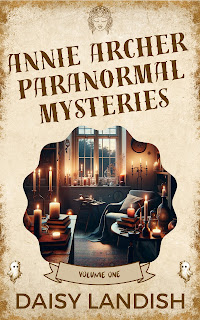

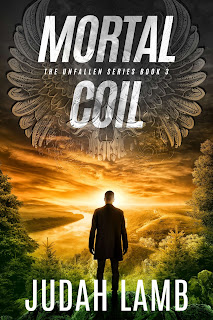



















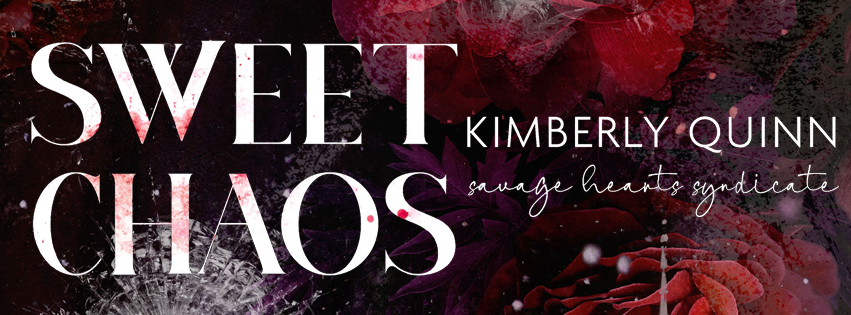



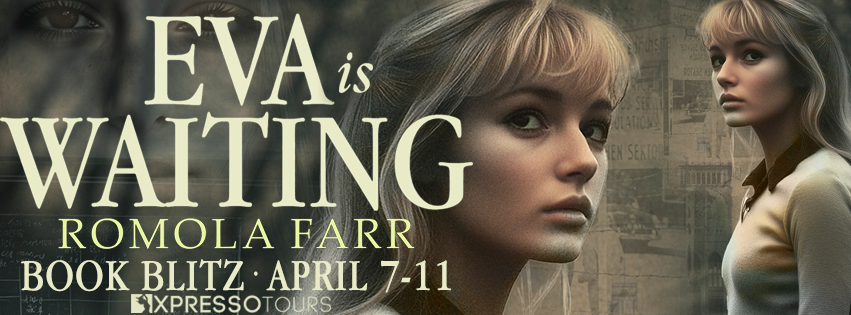





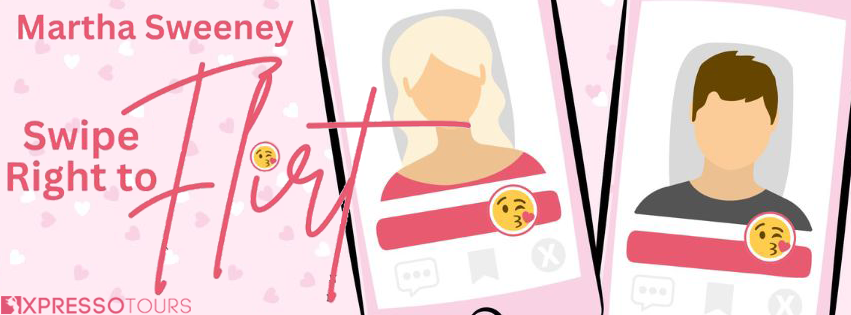







































0 comments:
Post a Comment